Where to start
“There are known knowns; there are things we know we know. We also know there are known unknowns; that is to say we know there are some things we do not know. But there are also unknown unknowns—the ones we don't know we don't know ... it is the latter category that tend to be the difficult ones (Donald Rumsfeld 12 Feb 2002)”
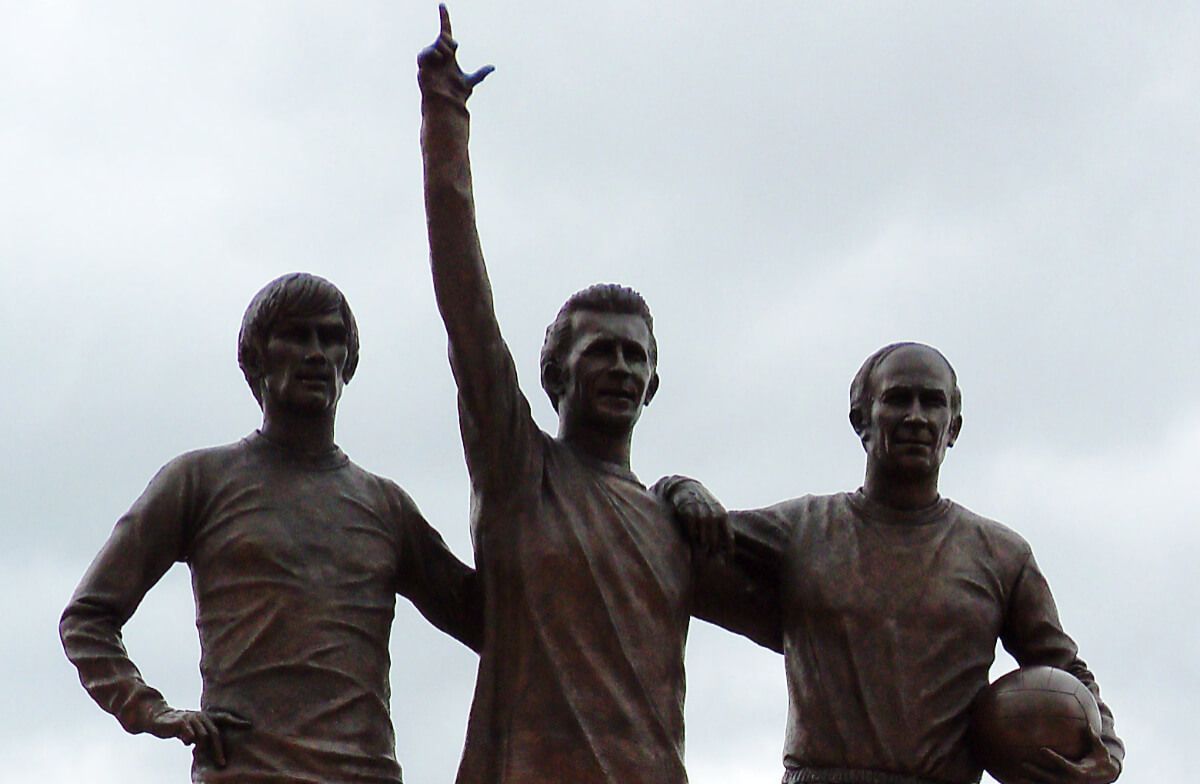
As Donald Rumsfeld summarised military intelligence, so it is with family history. We may know, for example, that our grandfather was a printer (a "known known"), but we are aware that we do not know where he was born (a "known unknown"). However, his life may contain many "unknown unknowns". Perhaps he was a conscientious objector in the Great War. Perhaps he was awarded a medal for saving a child from drowning. Perhaps he was married before our grandmother came along. Perhaps ... well, we just don't know.
It's not just a numbers game
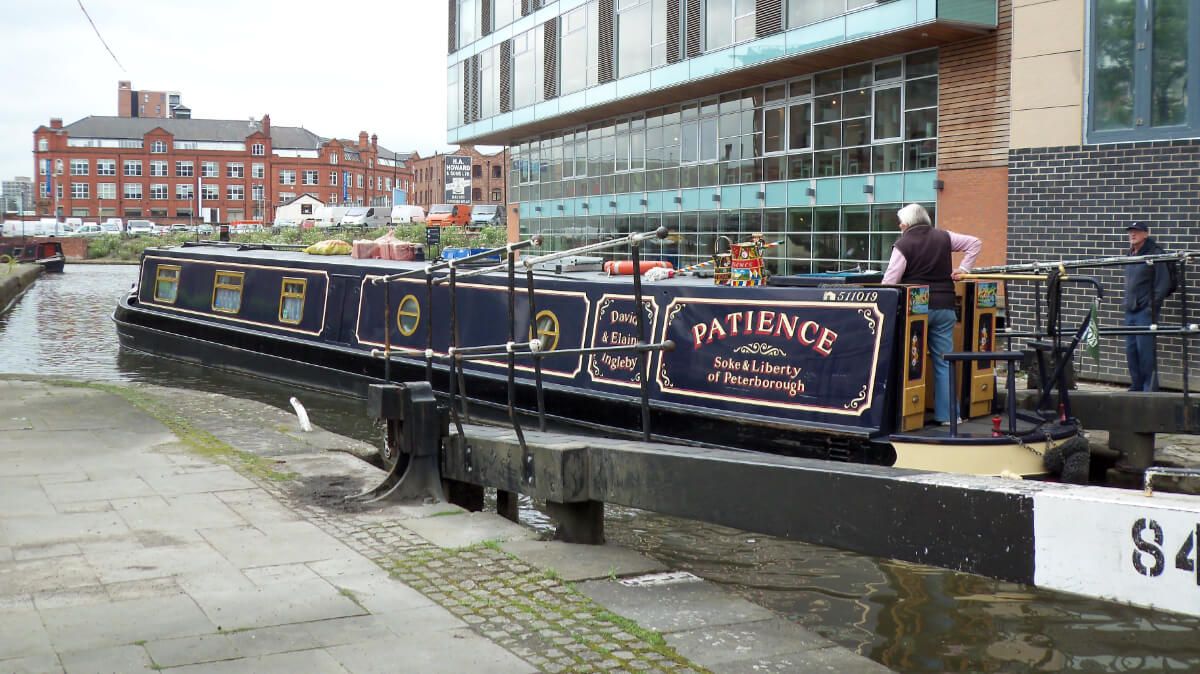
You will sometimes hear a family historian boast of a pedigree containing several thousand names and this can indeed reflect diligent research. But, how much does he know about any of these individuals? With a fair following wind, it is possible to build quite large family trees, sometimes with relative ease, but they will often tell you no more than the dates and places of birth, marriage and (perhaps) death about lives which spanned many decades. Our task as family historians must be more than a pursuit of names and dates; to pursue the "unknown unknowns".
What resources do I need?
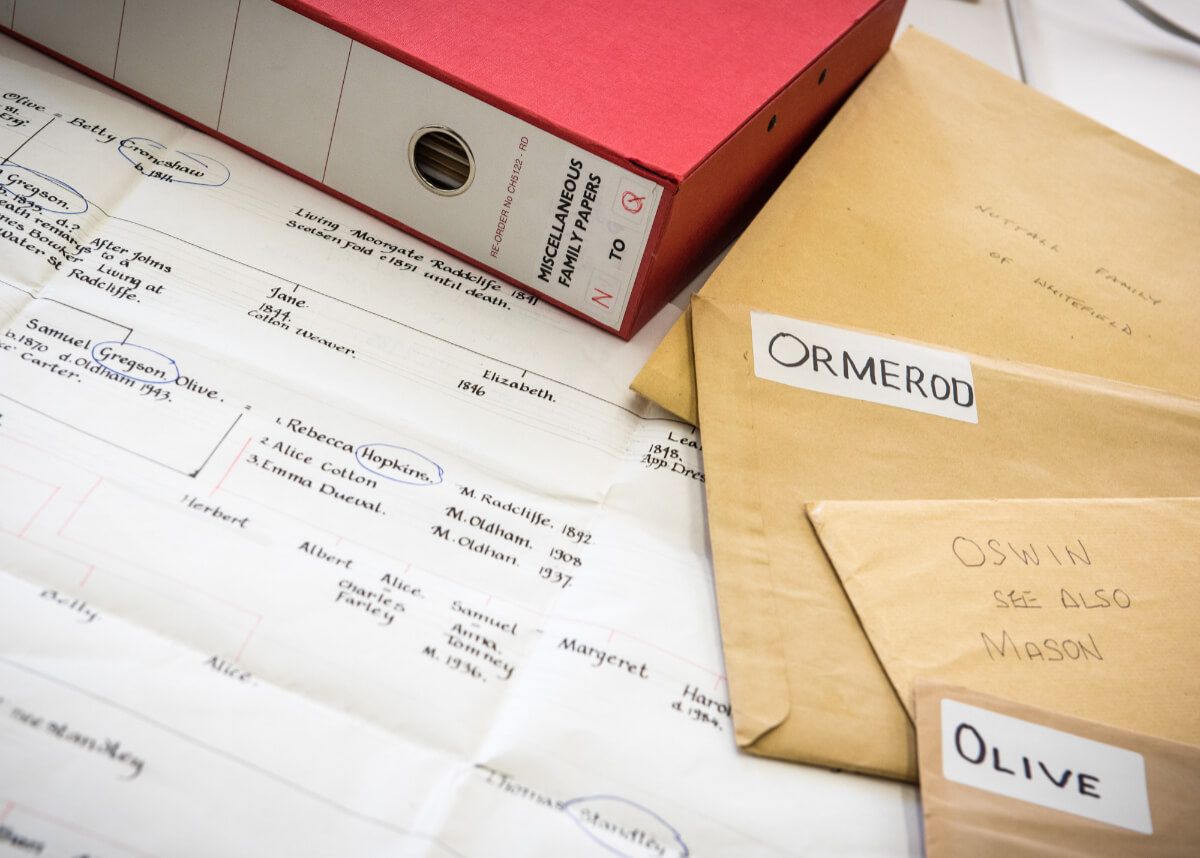
You may need no more than a minimum of resources to build the framework of your family tree. Birth and marriage certificates will (amongst other details) tell us when and where someone was born, the names of their parents and who they married. Census returns will show us whole families at a moment in time and perhaps shed light on wider relationships. These resources on their own may enable us to build a pedigree stretching back to someone born in the late 18th century. They may answer questions of who, when and where, but at best will hint at answers to the questions of how and why.
As a researcher starting out in the 21st century, not only are these basic resources (or in the case of births, marriages and deaths, indexes to these resources) widely available online, but so also are myriad other resources which may resolve the "known unknowns" and bring to light some of the "unknown unknowns".
Many of these online resources are available free of charge and some commercial web sites can be accessed free at public libraries.
But is it true?
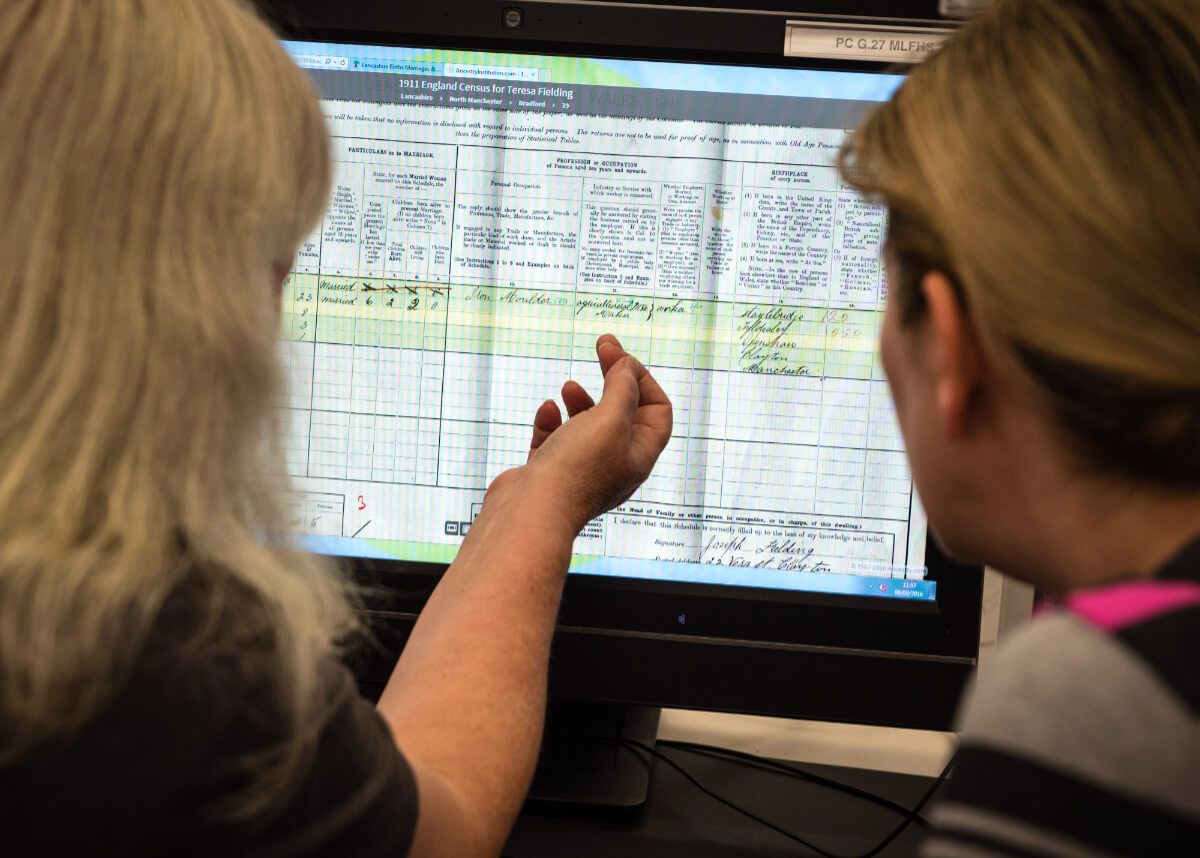
Finally, a word about the nature of "truth". Just because something is written down, even in an official record, this does not mean it is true. It may simply have been recorded incorrectly. Some details may not be known precisely by the person providing the information, for example the age which appears on a death certificate. And, some informants may have deliberately given false information; think of all the boys who enlisted during the Great War when well under the qualifying age of 18.
If you should be cautious about the accuracy documentary records, be even more so about family "legends". They may be true, they may have been embroidered as they passed down successive generations. In many cases, they will just be wishful thinking.
Maintain a healthy scepticism about any "fact" until you have corroborated it from another (and independent) source.
Where to Start
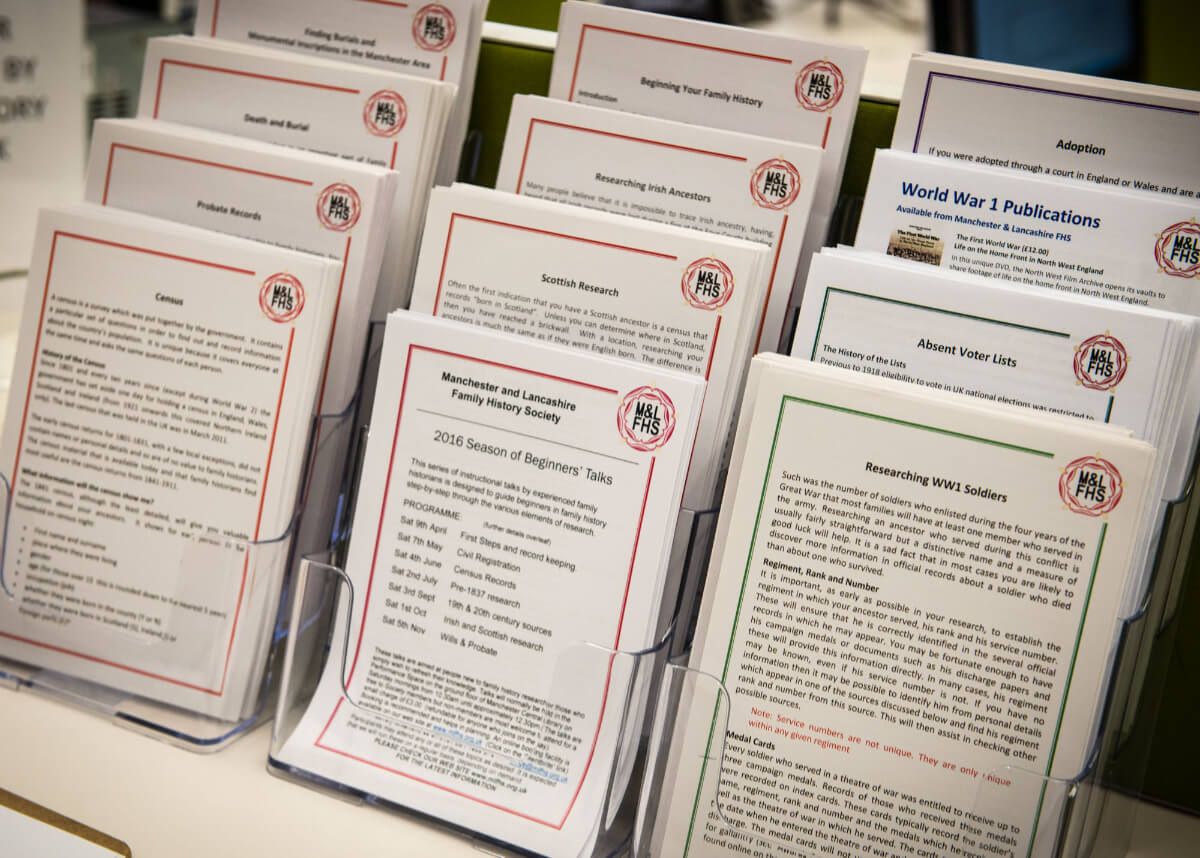
There are lots of good books for beginners and a lot of online information, but why not start by reading these introductory articles, which should get you off to a good start.
Relationships - the difference between a second cousin and a cousin twice removed
Ask the Family – oral history
Hatched, Matched, Dispatched –understanding civil registration
En Famille – what the census can tell us
Being of Sound Mind – how to find and understand wills
Read All About It! – newspapers as a treasure trove
Carved in Stone – understanding graveyard memorials
Serving King and Country – army records of the Great War